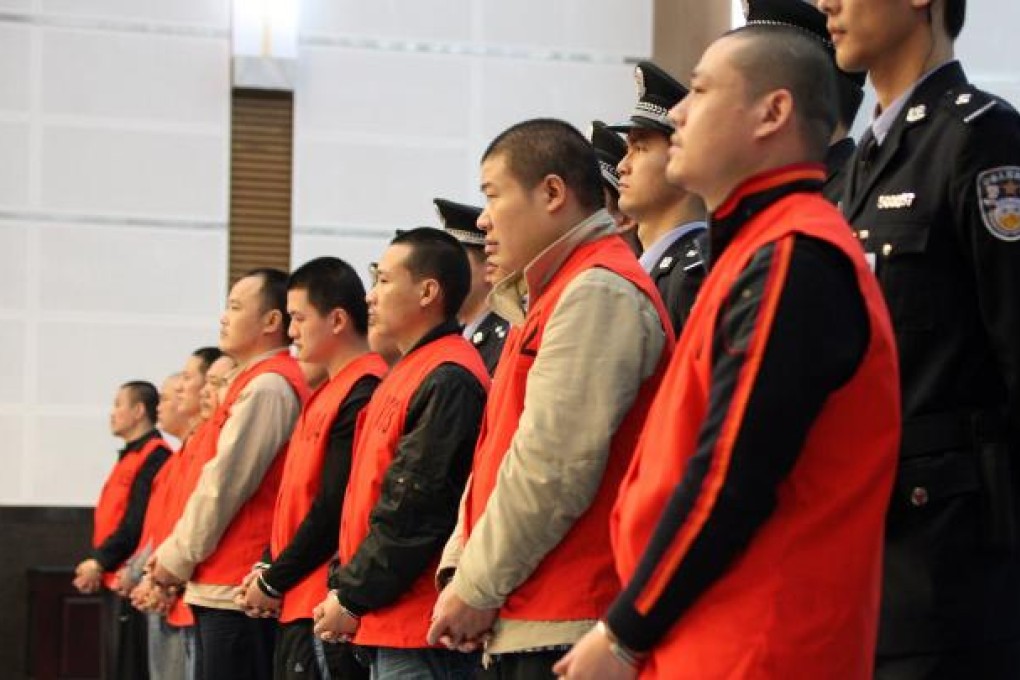Asia moving away from the death penalty
Mabel Au says although there are exceptions, Asian societies are joining the worldwide movement opposing the use of capital punishment

Anti-death-penalty activists worldwide have been taking to the streets to express their commitment to life and opposition to the death penalty. October 10 was World Day Against the Death Penalty, and yesterday more than 30 cities illuminated a symbolic monument to commemorate the first abolition of the death penalty by a European state in 1786.
The voices of activists echo the developments recorded by Amnesty International last year, which show that the global trend towards abolition of the death penalty continues. Last year, Amnesty recorded executions in 20 countries; in 2010, it was 23. Progress was made in all parts of the world, including Asia.
Malaysia has announced it will consider replacing the mandatory death penalty for drug offences with prison sentences. Most of the estimated 900 death-row prisoners have been sentenced for drug offences. Under Malaysian law, the death penalty is mandatory for murder and drug trafficking. Mandatory death sentences, which prevent judges using discretion, are contrary to international human rights standards.
Singapore has proposed amendments to replace the mandatory death penalty with discretionary sentencing in some cases, such as where suspects co-operate substantively with investigations.
Beijing has eliminated the death penalty for 13 non-violent economic crimes, and China's Criminal Procedure Law has been amended, introducing new procedures enhancing access to legal aid, requiring the recording of interrogations and introducing mandatory appellate hearings and more rigorous review processes in death penalty cases.
Mongolia confirmed its moratorium on the use of the death penalty in January.